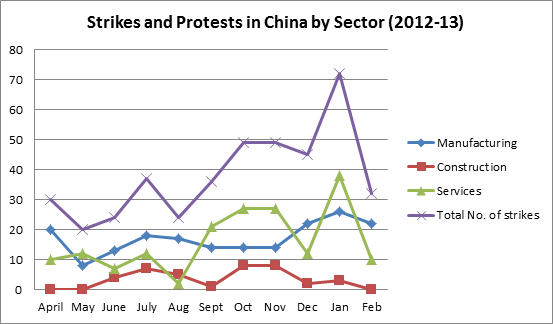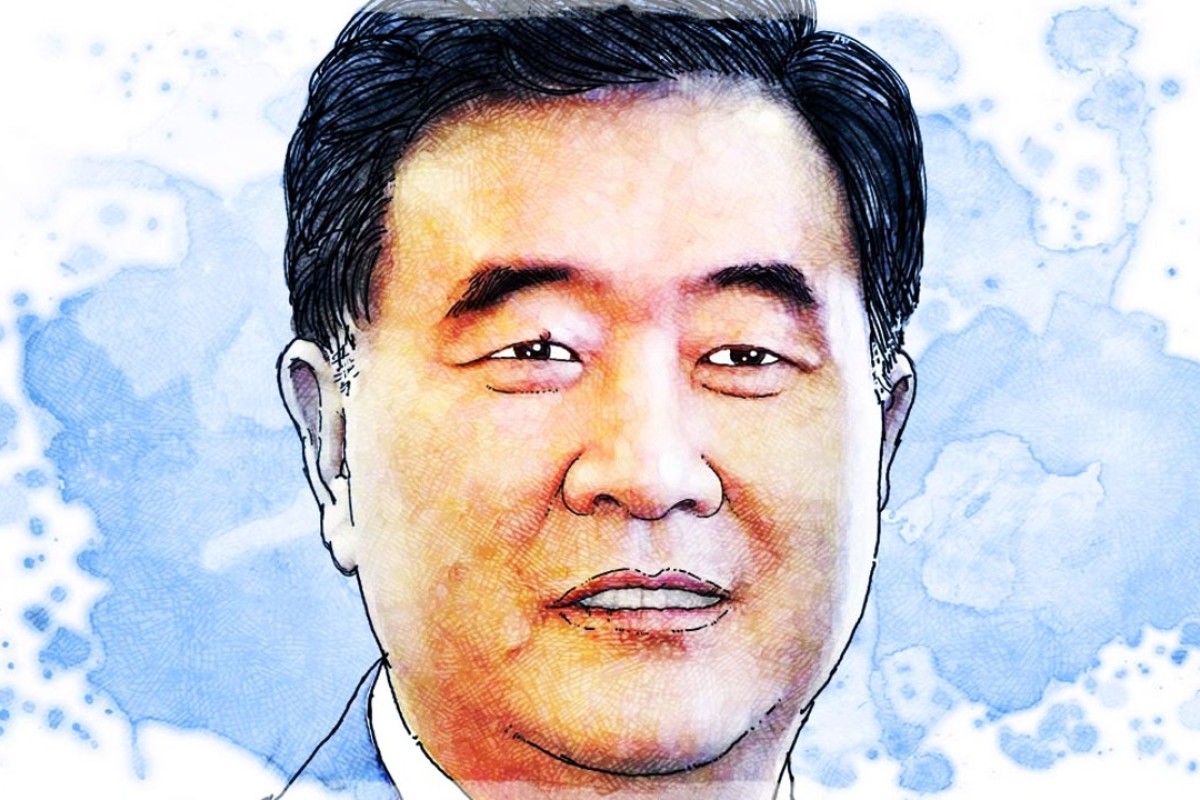First of all, let me make it clear. Mahatma Gandhi said at one point, if it is a choice between protesting injustice violently and nonviolently, I'd prefer you protest nonviolently. But if it is a choice between protesting violently and not protesting at all, I'd prefer you protest. What are a few blocked roads or burnt railings between friends!
But having said that, I'd like to emphasize, if there are even only a few acts of vandalism, a few acts of property damage, a few acts of violence, that shows the movement lacks internal discipline of the highest degree. That internal discipline is what gives you moral authority.
It does not matter what the police do. The Hong Kong police have crossed the line a few times, true. The Hong Kong police protected vigilantes have crossed the line many times, true. But if you respond in kind, you lose some of your moral authority. The right political thing to do is to not react, to maintain internal discipline. And to create and maintain that internal discipline, you need internal political organization, internal dialogue.
"If we burn, you burn" is not a political program. I have been hearing more and more of that lately. That line of thought has to be consciously abandoned. Beijing is trying hard to tell the world, this is like the yellow vest protests in France or the forest fires in California. It will burn and die out on its own.
Unless the Hong Kong protest movement makes the extra effort towards that internal discipline and away from the "if we burn you burn" mantra, the movement might break all records in terms of how long it might last, but it might not see the success it seeks.
That is one thing I have to say about the method.
Another thing is dialogue. The Hong Kong protest movement needs to engage Carrie Lam and Beijing in an intense dialogue. Beijing has put out comment after comment on the protests in the global media. Those comments have gone unanswered. They need to be answered. Every such utterance needs to be answered.
You can not be fighting for democracy and say, Carrie Lam, we don't want to talk to you. Dialogue is basic to democracy.
Why do you want to talk to Carrie Lam?
The top of the five demands has already been met. The final demand, that of a directly elected Chief Executive, and a fully directly elected legislature is most important to me.
But there is room for compromise on some of the other demands. I agree that all protesters who have been detained should be released and their charges dropped. But when you ask for an independent inquiry of the police behavior, one has to ask, to what end? So the police officers might face disciplinary action? The room for compromise is to forgive and be forgiven.
A good outcome of a direct dialogue with Carrie Lam will also be to get her to say that it is simply not in her powers to meet the final demand. It is above her paygrade level. And that is true.
So, she has met one demand. I think she can meet another, that of releasing the 1,000 plus protestors that have been detained. But the protest movement has to be willing to compromise on two others. And the final demand has to be taken to Beijing. How do you do that?
There is a protest path. And there is a dialogue path.
If you only partially shut the city, you might have to do it a long time. But if you shut the city down 100%, the movement might win in a few short weeks. But the risk is those tanks in Shenzen might roll.
The dialogue path is, is Beijing even talking? It is not even at the table. Beijing big, Hong Kong tiny. That is the Beijing thinking. You already have Carrie Lam. That is what they say.
Creating a credible threat to independence might be the only way to get Beijing to budge. That is one thing Beijing does care about. On the other hand, if you can not build that credible threat, you perhaps should be willing to compromise.
Carrie Lam was basically appointed by Beijing. That makes an administrator. I hear a few years ago Beijing offered an arrangement whereby it would offer two candidates and Hong Kongers will get to pick one through direct vote. I wish that is how they elected the president of China every five years. The CCP offered two candidates to the billion-plus Chinese.
A compromise position between what Beijing was willing to give a few years ago and what Hong Kong wants today might be, okay, so Beijing gets to offer two candidates, but Hong Kong will also offer two candidates. There would at first be a primary. And the top two vote-getters will go into the final round. And the four candidates would contest.
Even that Beijing might not go for. But the beauty of being in constant dialogue mode is you force them to take positions. Dialogue is not just sitting across the table, or Xi Jinping giving one of you a call. Dialogue is already happening. Beijing has been issuing statement after statement. The movement has not been responding.
That is a political slam dunk for Beijing.
For example, when Joshua Wong showed up in Berlin, Beijing said, the west can not solve its own problems, how is it going to solve your problems? What did Joshua Wong say in response? Crickets.
The #HongKongHumanRightsAndDemocracyAct today passed unanimously in both the @HouseForeign Affairs & the @SenateForeign Relations Committees. The @CECCgov Chairs pledge to push for quick passage of this legislation. https://t.co/31hhoDQryd
— China Commission (@CECCgov) September 25, 2019
A Criticism Of The Hong Kong Protestors https://t.co/KMxIdEIycO @demosisto @joshuawongcf @nathanlawkc @maryhui @kinlinglo @sumlokkei @rachel_cheung1 @lokinhei @HKDemocrats @WilsonLeungWS @HongKongPLG@jasonyng @BillyOYLi @cng1238 @Fight4HongKong #HongKong #HongKongProtest
— Paramendra Kumar Bhagat (@paramendra) September 27, 2019
A Criticism Of The Hong Kong Protestors https://t.co/KMxIdEIycO @FreedomHKG @BeWaterHKG @ezracheungtoto @antd @RichScotford @XinqiSu @holmeschan_ @chowtingagnes @ray_slowbeat @hk_watch @hkpoliceforce @EricCheungwc @hoccgoomusic #HongKongHumanRightsAndDemocracyAct #HongKongProtest
— Paramendra Kumar Bhagat (@paramendra) September 27, 2019
A Criticism Of The Hong Kong Protestors https://t.co/KMxIdEIycO @lokinhei @kevinkfyam @hkjohnsonyeung @AmnestyHK @HKWORLDCITY @missy_lao @elson_tong @hkchrislau @alexhofford @alexhofford @GlobalSolidHK @antd @BillyOYLi @hk_watch @bequelin #HongKongProtest #HongKongProtestors
— Paramendra Kumar Bhagat (@paramendra) September 27, 2019

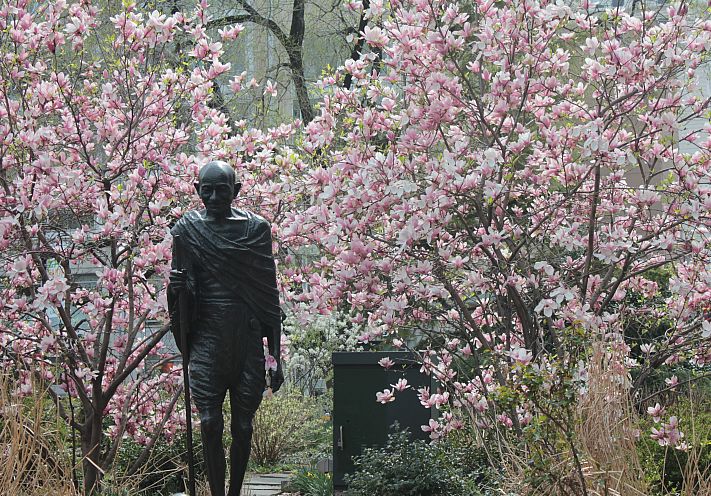

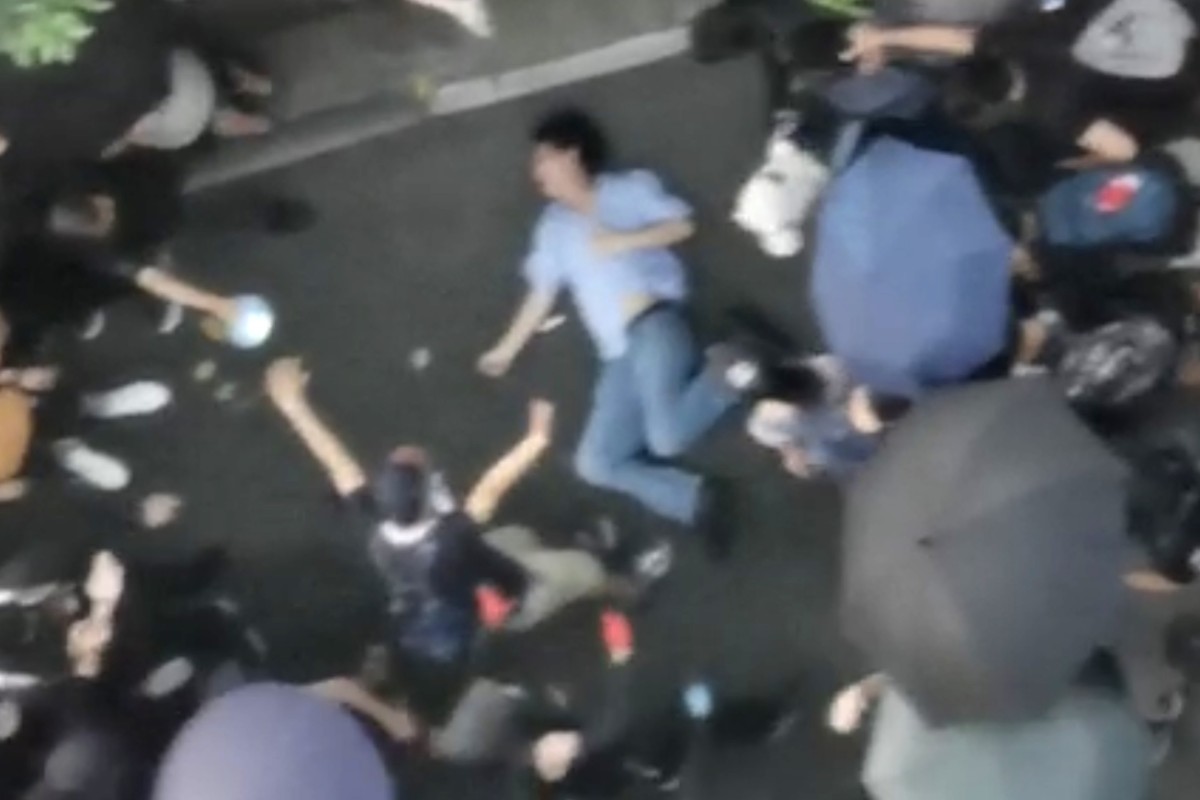
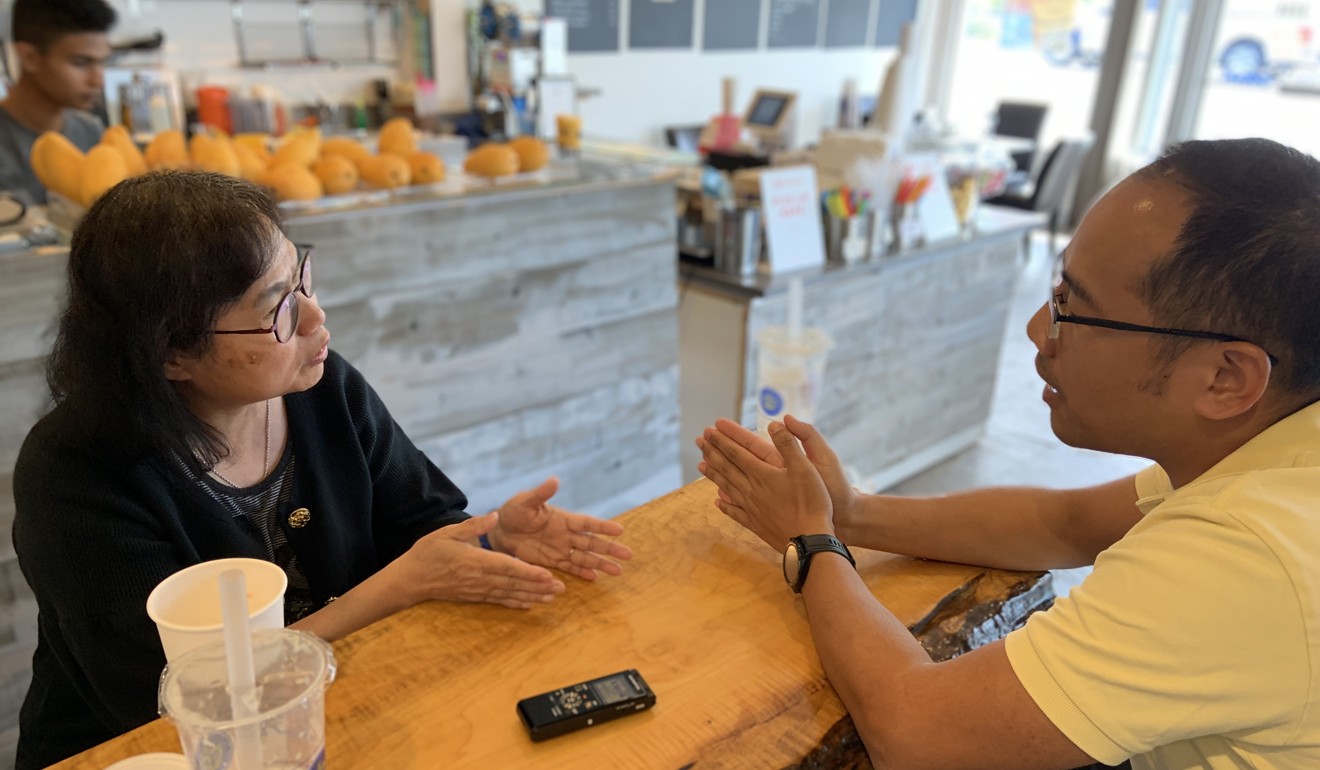
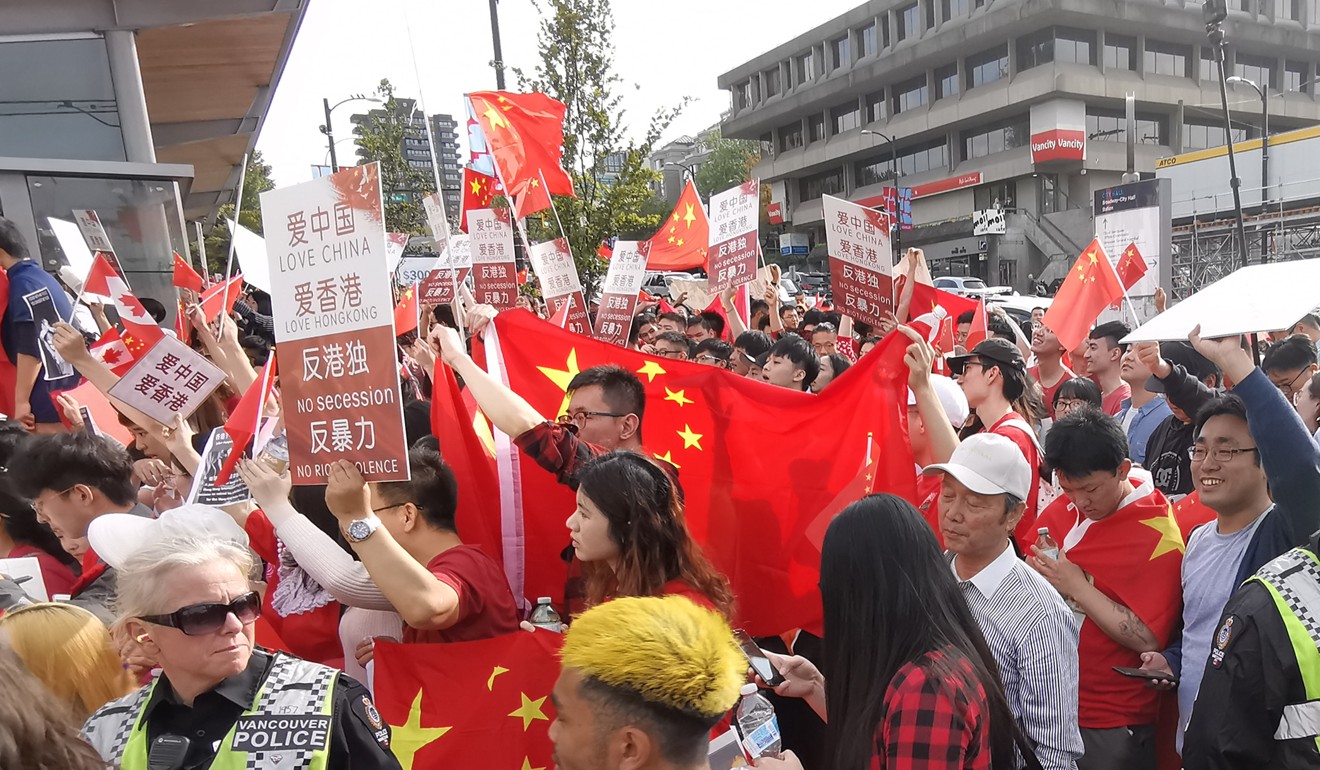
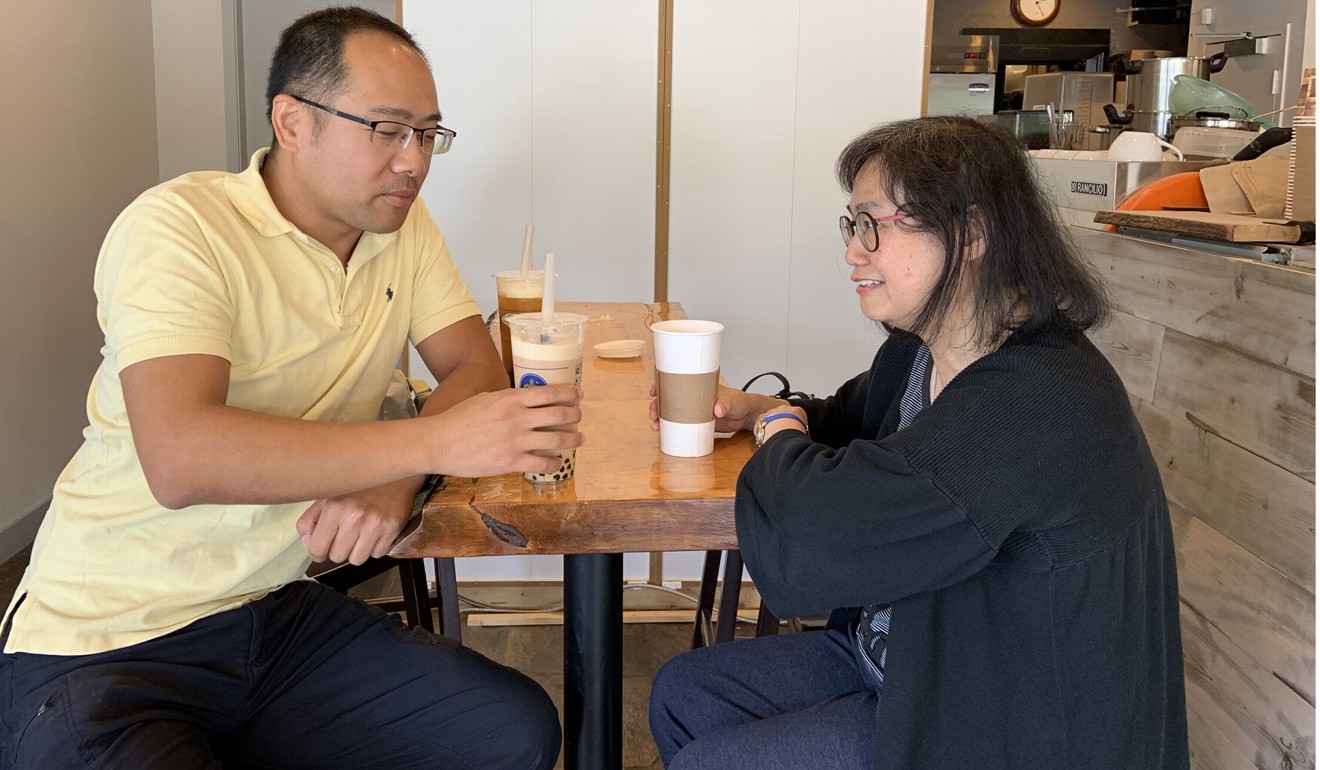

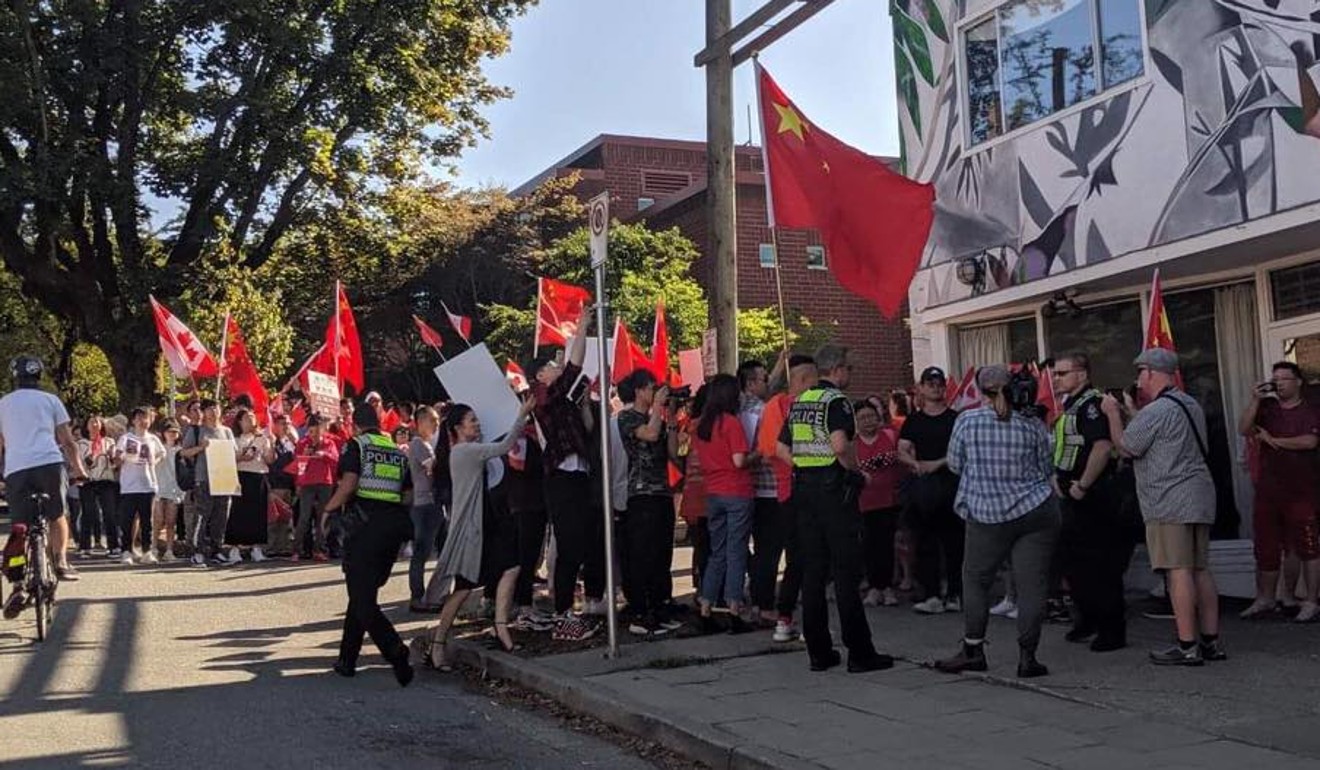

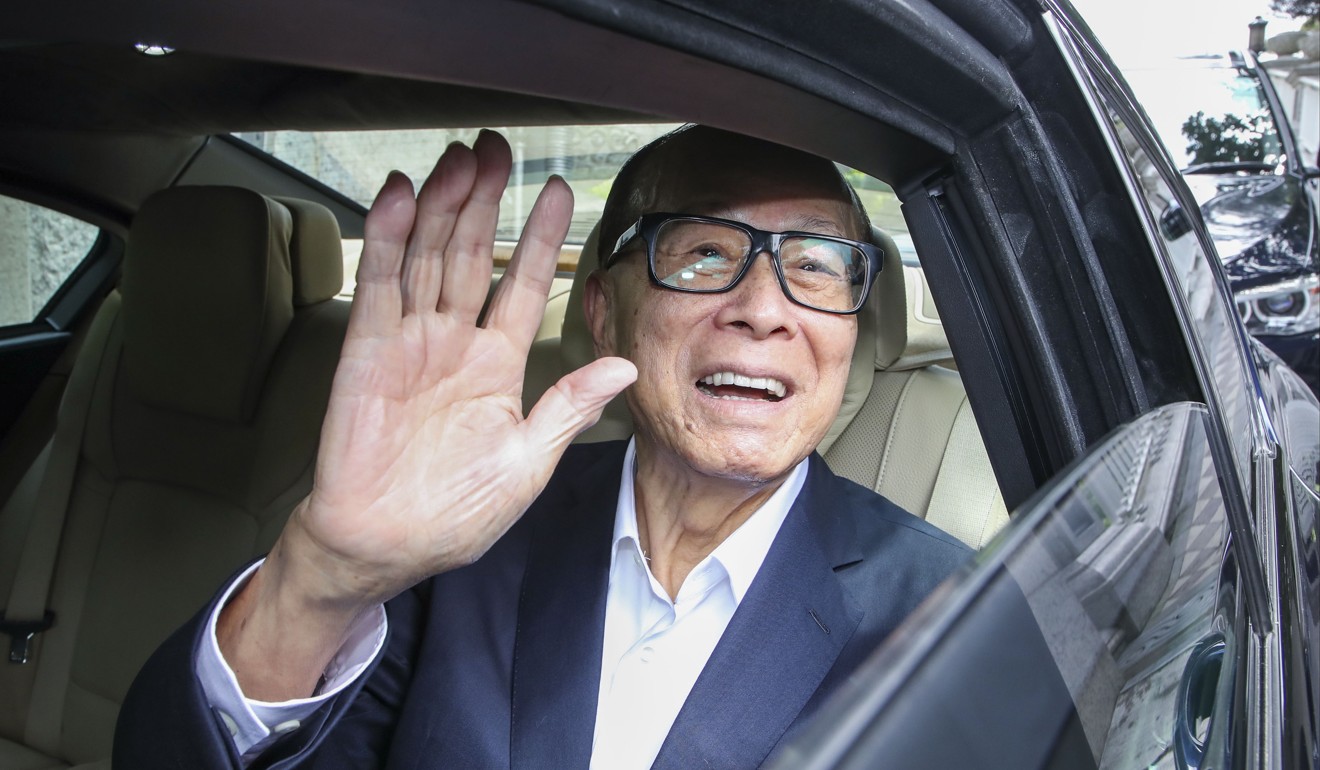
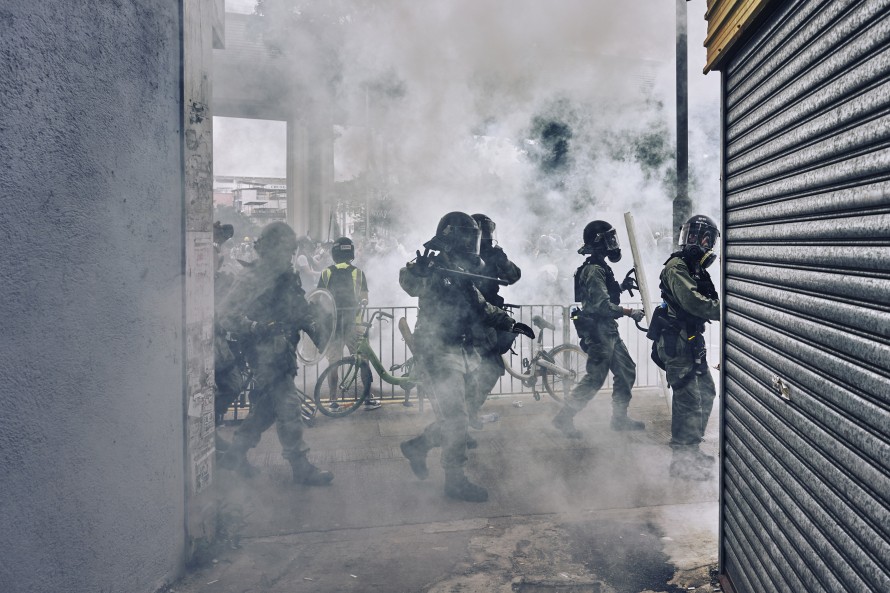
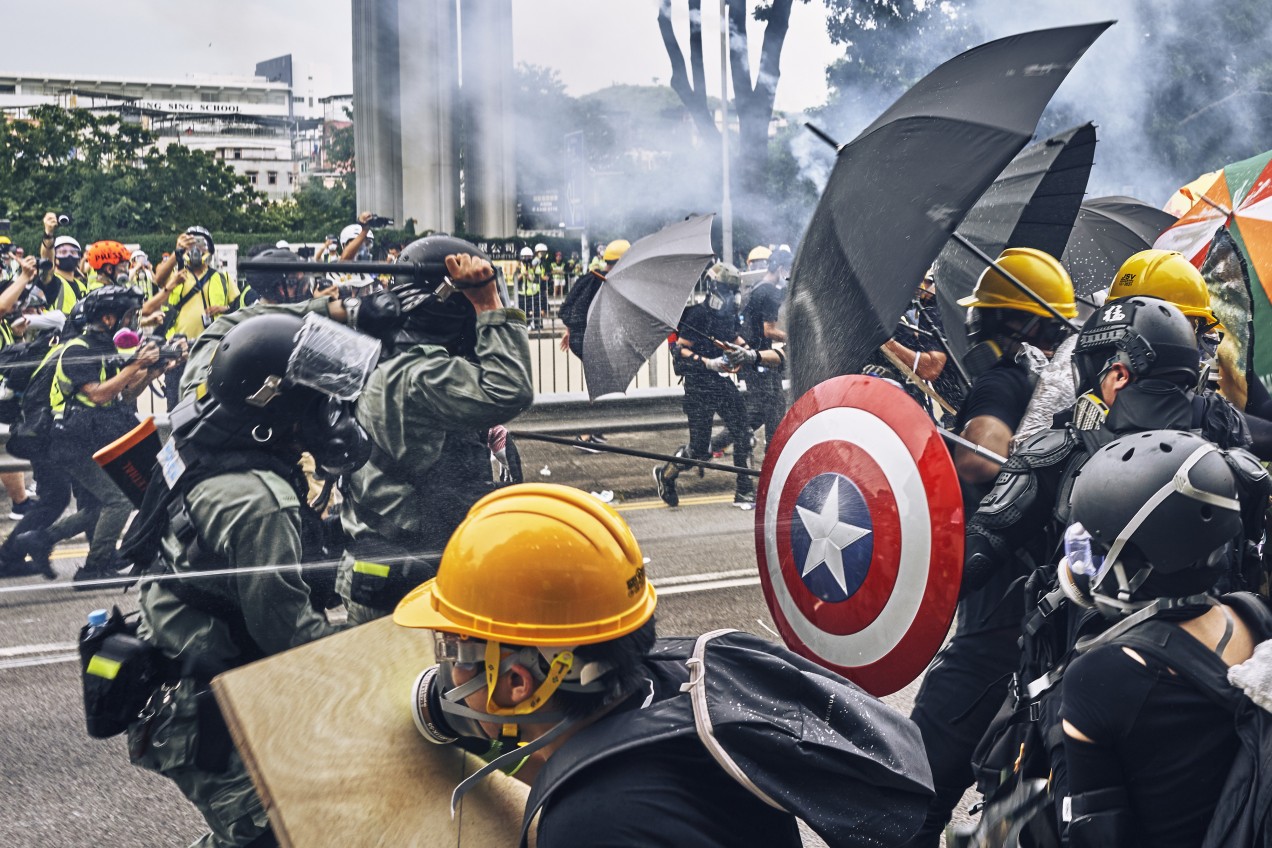


:no_upscale()/cdn.vox-cdn.com/uploads/chorus_asset/file/19038045/081919.jpg)
